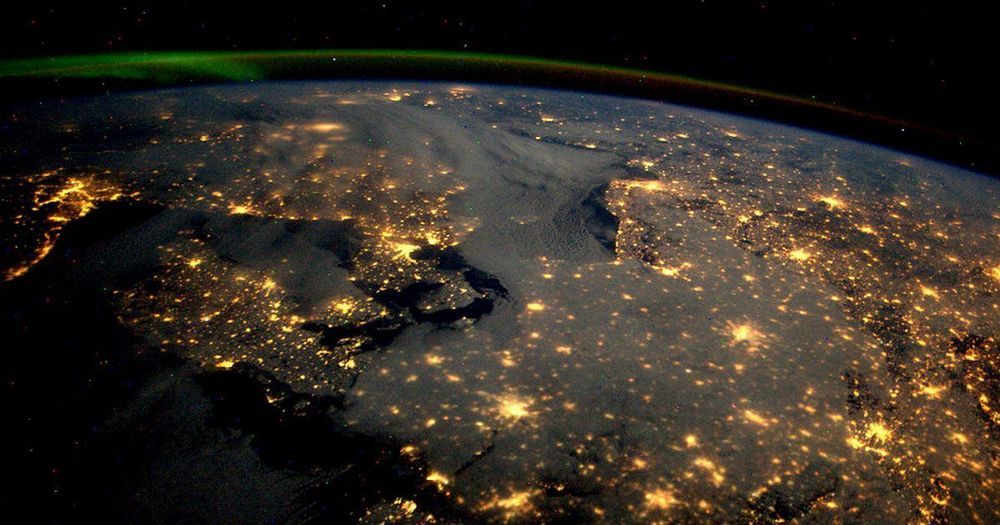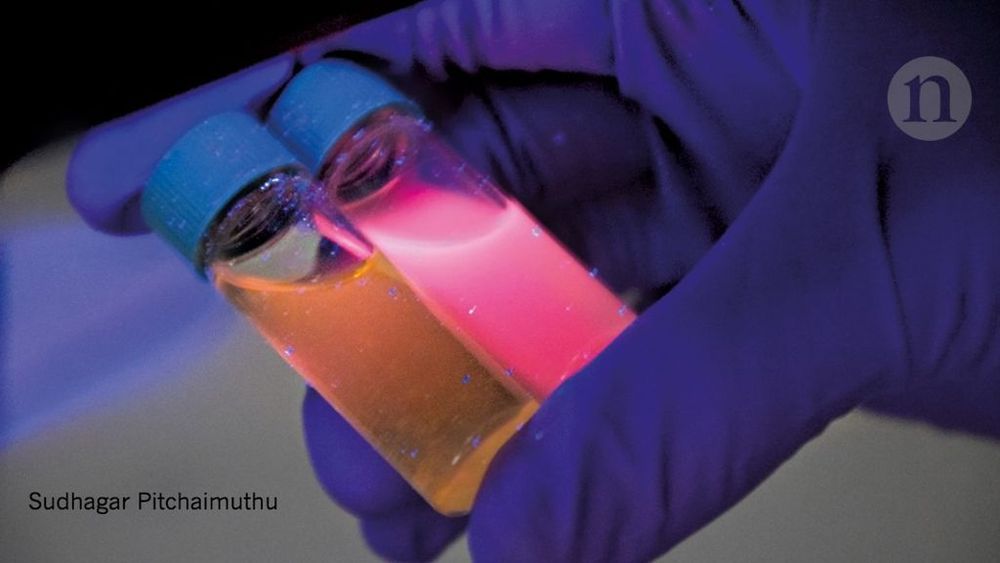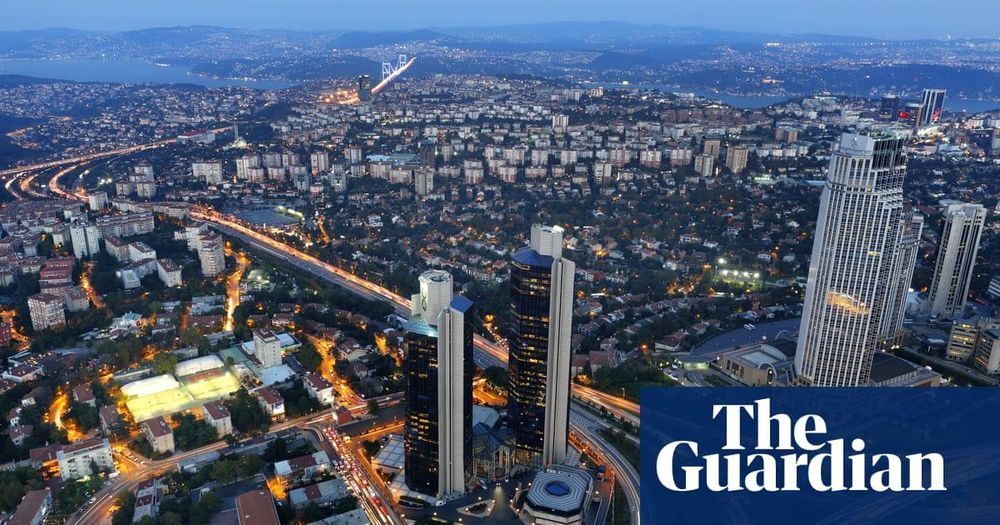Researchers at the University of South Carolina in Columbia have demonstrated an experimental plasma device capable of cleaning gas samples of D4, one of the most common siloxanes. Drawing on a technique for creating plasma called dielectric barrier discharge, the group was able to significantly reduce the amount of D4 samples after treating it with a helium-based plasma.
The findings point to a new potential solution for accommodating landfill gas rich in siloxanes. They will be presented at the American Physical Society 71st Annual Gaseous Electronics Conference and 60th Annual meeting of the APS Division of Plasma Physics, which takes place Nov. 5–9 at the Oregon Convention Center in Portland.
“This is the first time dielectric barrier discharge has been used to remove volatile organic silicate compounds,” said Malik Tahiyat, one of the researchers involved with the study. “In our case, there’s no wait for removing it or material that has to be thrown out after a certain amount of time.”







